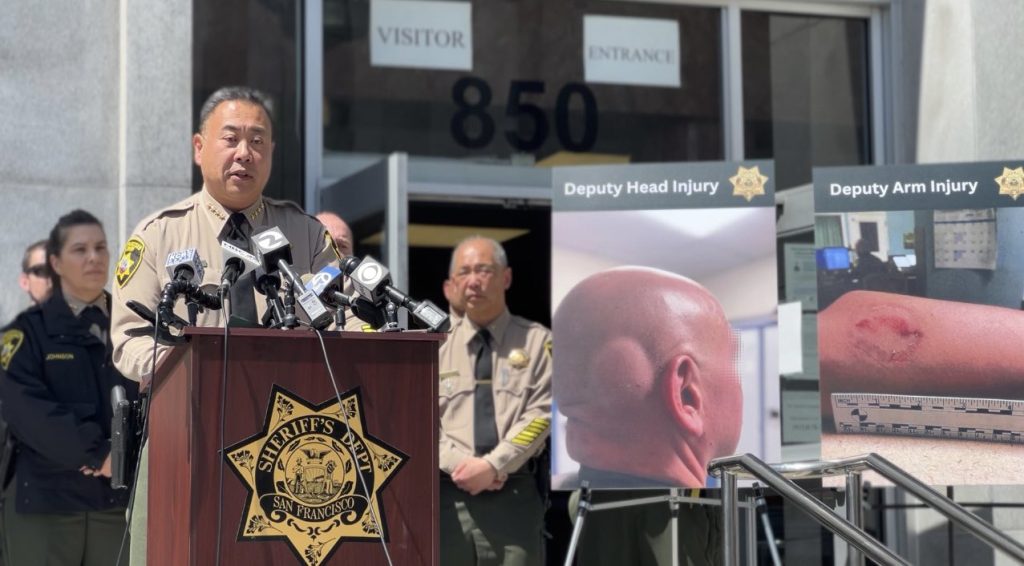Amidst the bustling streets and vibrant neighborhoods of San Francisco, there exists a group of dedicated individuals who work tirelessly to ensure the safety and security of our communities. These unsung heroes are the deputy sheriffs who guard the county jails, facing unique challenges and pressures that come with the territory.
In addition to the increase in prisoner fights, attacks on deputies have also been on the rise. In 2022, there were 121 attacks on deputies, averaging 0.194 attacks per deputy sheriff. By 2023, this number had surged to 216 attacks, averaging 0.354 attacks per deputy sheriff. These attacks not only pose a direct threat to the safety of the deputies but also impact their morale and well-being.

Despite these challenges, deputy sheriffs in San Francisco’s county jails continue to demonstrate unwavering dedication and professionalism in the face of adversity. They work long hours, often in high-stress situations, to ensure the safety and security of both inmates and staff. Their commitment to upholding the law and maintaining order in a challenging environment is commendable and deserving of recognition.
However, the city’s failure to address the issue of understaffing in the jails puts additional strain on these already overburdened deputies. With inadequate staffing levels, deputies are forced to work longer hours and take on increased responsibilities, leading to fatigue and burnout. The city’s proposal to eliminate staffing minimums at the Sheriff’s Office further exacerbates this issue, putting the safety of both deputies and inmates at risk.
It is crucial that we recognize the invaluable contributions of these deputy sheriffs and advocate for the resources and support they need to carry out their duties safely and effectively. By investing in additional staffing and implementing measures to improve working conditions, we can ensure that our deputy sheriffs have the support they need to continue serving our communities with professionalism and dedication.




